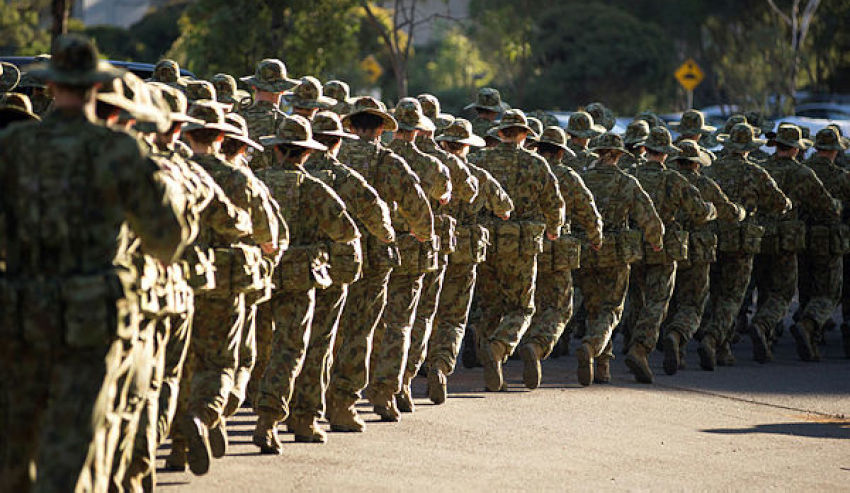The prime has joined the race to support the delivery of an Integrated Soldier System for the Australian Army.
Elbit Systems of Australia (ELSA) has confirmed it will be competing for the Commonwealth government’s LAND 125 Phase 4 project, after being down-selected to participate in the limited request for tender (RFT) process.
Defence is seeking an industry partner to provide prime vendor services for product acquisition, integration and support to help deliver an Integrated Soldier System (ISS) for the Australian Army.
The ISS is expected to embed all elements and subsystems used, worn or carried by soldiers in any operational context or environment for up to 72 hours without resupply.
ELSA managing director, Major General (Ret’d) Paul McLachlan, AO, CSC, said the firm is committed to working with stakeholders to deliver requested capability enhancements.
“I am very pleased to announce our progress to the limited RFT stage for LAND 125 Phase 4 for the ISS, which is indicative of our continued commitment to produce world-leading soldier systems from global technology using an upskilled sovereign workforce here in Australia,” McLachlan said.
According to McLachlan, ELSA’s technologies, demonstrated at Land Forces 2021, would bolster capability by improving situational awareness, mobility, lethality, survivability and sustainability.
McLachlan said ELSA would leverage an “agile design and development approach”, which aims to support the incremental evolution of the ISS for the duration of the tranche, aided by “in-house” research and development.
“Not only do we have ability to access, adapt and apply global technology right here in Australia, we opened our new Centre of Excellence in Melbourne earlier this year, which will conduct research and development with academic and industry partners to develop highly-advanced autonomous solutions to build home-grown capabilities to complement our existing suite of soldier solutions,” McLachlan added.
“The research, which focuses on collaboration between people and autonomous systems, will produce applications that can not only be used across Defence, but could also benefit homeland security and emergency services.”
ELSA is set to leverage a workforce of approximately 250 staff, including over 100 software and systems engineers.
The firm will be competing against Babcock Australasia and Team Sabre — a consortium made up of Safran Electronics & Defense Australasia, Nova Systems Australia & New Zealand, and BAE Systems Australia.
[Related: Babcock Australasia shortlisted for LAND 125 Phase 4]









